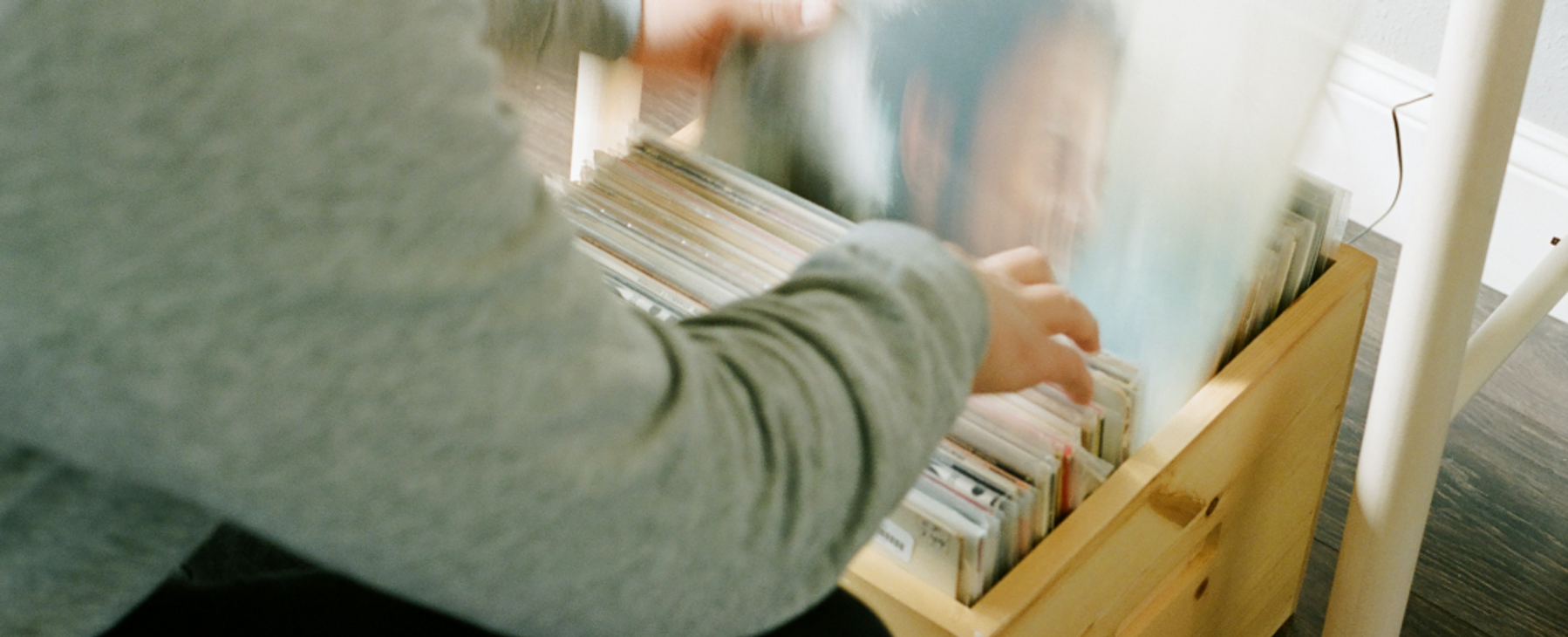
Music publishing is about your songs, not your recordings BUT essential that the people who look after both of these copyrights have a strong relationship and are in regular communication with one another.
Let’s have a real-life example: Adele’s first three albums are signed to XL Records, so they gave her a bunch of cash to go into a studio and produce some recordings which they then own because they stumped up the money in the first place, but the publishing copyrights of the songs featured on those records have nothing to do XL and are looked after by Universal Publishing (well, Adele’s shares are at least).
Take the single ‘Someone Like You’ from her second album 21; that rather wonderful song was co-written between Adele herself and Dan Wilson (who used to be in the band Semisonic, remember them? Closing Time was a banger, eh?) and is published by a company called Chrysalis. Now every time you hear that recording then XL is making money and the publishers/songwriters are also making money, but if you hear someone do a cover of that song, say on a glitzy Saturday Night talent show or a ropey karaoke performance down your local bar, then XL Recordings don’t see a penny and it’s only the songwriters and the publishers who earn from that because, on said examples, it’s about the song and not the recording.
So music publishing is about the creation of copyrights and the protection of intellectual property.
To stress, this is income for the songwriters. It is imperative that if you’re in a band of two/three/four people that you agree from the offset who has written the songs. It might be an awkward conversation, but it’s a hell of a lot easier to discuss before you’ve actually generated any money as when there is cash on the table that’s when people really fall out.
Another real-life example. Coldplay: Although it’s Chris Martin who writes the songs, they split the publishing income four ways because he’s nice like that. Whereas with someone like the Arctic Monkeys all publishing income goes to Alex Turner as he’s the one who wrote the songs, so why should he give the rest of the band money for his hard work?
This, in a nutshell, is why Mick Jagger and Keith Richards are worth $300 million or so each, but Charlie Watts and Ronnie Wood are ‘only’ worth $160 million apiece. The ones who write the songs open up another, very lucrative, income stream.
The publishing copyright is essentially split into two parts; the authorship (lyrics) and composition (music). What we suggest here at Sentric is if you have a band consisting of four members where one person writes the lyrics, but then the band as a whole come up with the music then it should be split;
Example Splits
- Person A: 62.5% (50% of the authorship & 12.5% of the composition).
- Person B: 12.5% for their share of the composition.
- Person C: 12.5% for their share of the composition.
- Person D: 12.5% for their share of the composition.
That all seems fair, right? That said, each artists’ situation is different so split the copyright to suit your needs. Just do it before you sell a million records.
By law, you’ve created a publishing copyright when one of two things have happened:
1) You’ve written it down as a composition (although I really don’t know many indie bands from Wolverhampton cracking out Sibelius these days)
OR
2) you’ve recorded it, and that could be just on the voice memos section on your phone as long as you’re getting the bare bones of the track down.
But in reality, you can start making money from your publishing copyrights before you’ve done either of them. If you’ve written a song in your bedroom this morning and then you go and perform it at a gig tonight, then it has generated cold hard cash which you should make sure you’re collecting.
So where is this cash generated?
